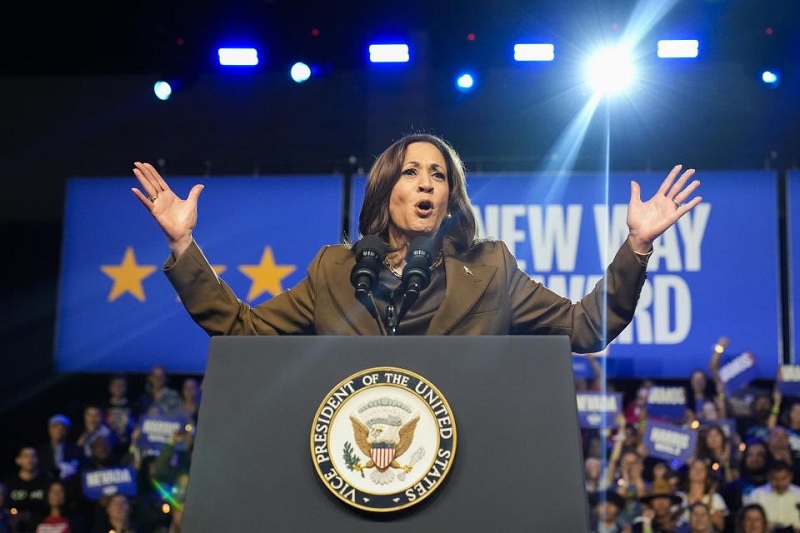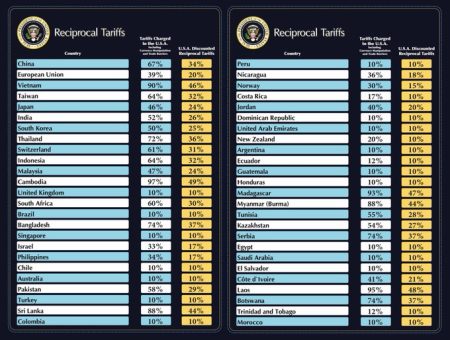
The 2024 presidential election marks a pivotal moment in American politics, as abortion rights take center stage. This election is particularly significant as it follows extensive restrictions and outright bans on abortion across numerous states, a change precipitated by a crucial Supreme Court ruling.
A total of ten states will present referendum questions on abortion, which will be included on ballots for the presidential vote. These referendums could lead to substantial changes in abortion legislation, potentially overturning restrictions that affect millions of women. Meanwhile, Democrats are optimistic that this issue will galvanize a wider segment of voters in their favor.
According to Samara Klar, a political science professor at the University of Arizona, “Mobilization is typically what determines the outcome of an election.” She highlighted that during the 2022 midterms, women voters in states facing abortion threats helped the Democratic Party surpass expectations.
Vice President Kamala Harris has prominently featured abortion in her campaign, often linking former President Donald Trump to distressing narratives about women forced to seek abortions across state lines due to restrictive laws. “This is a health care crisis, and Donald Trump is the architect,” Harris stated during a recent campaign event in Georgia, referencing a tragic incident where a woman died after her medical care was delayed.
Under Trump, the Supreme Court was reshaped, resulting in the 2022 decision to leave abortion policies up to individual states by overturning Roe v. Wade. While Trump embraces this shift, he denies intentions to pursue a national abortion ban, despite pressure from conservative factions.
In the aftermath of this ruling, Democrats have aligned themselves with reproductive rights, leveraging polls that indicate broad public support for abortion access. According to Benjamin Case, an assistant professor at Arizona State University, this momentum benefits Democrats as they seek to associate themselves with the abortion issue.
The stakes are particularly high in Arizona, a swing state where abortion is currently restricted after 15 weeks of pregnancy. A citizen-led initiative seeks to restore access to abortion until fetal viability at approximately 24 weeks, which could significantly influence the electoral outcome.
Five states, including New York and Nevada, will vote on enhancing abortion protections, while in Florida, an amendment seeks to restore access until fetal viability, a critical step for many women in the state.
While polls suggest abortion rights could drive voter turnout, experts caution that other issues like the economy and immigration may remain more pressing concerns for voters. The potential for referendums to protect abortion rights might also free disillusioned voters to reconsider their support for the Democratic party in the upcoming election.









